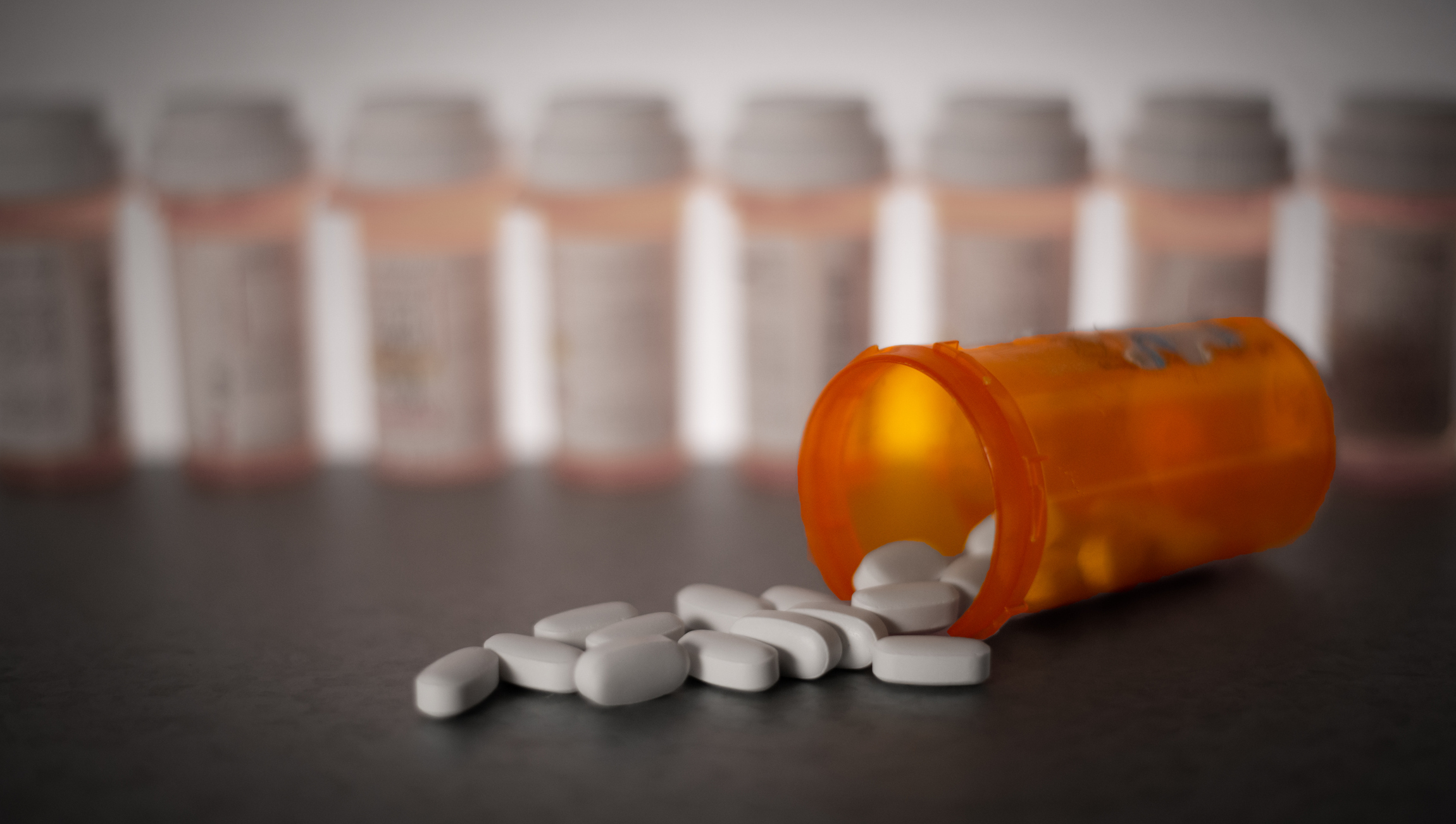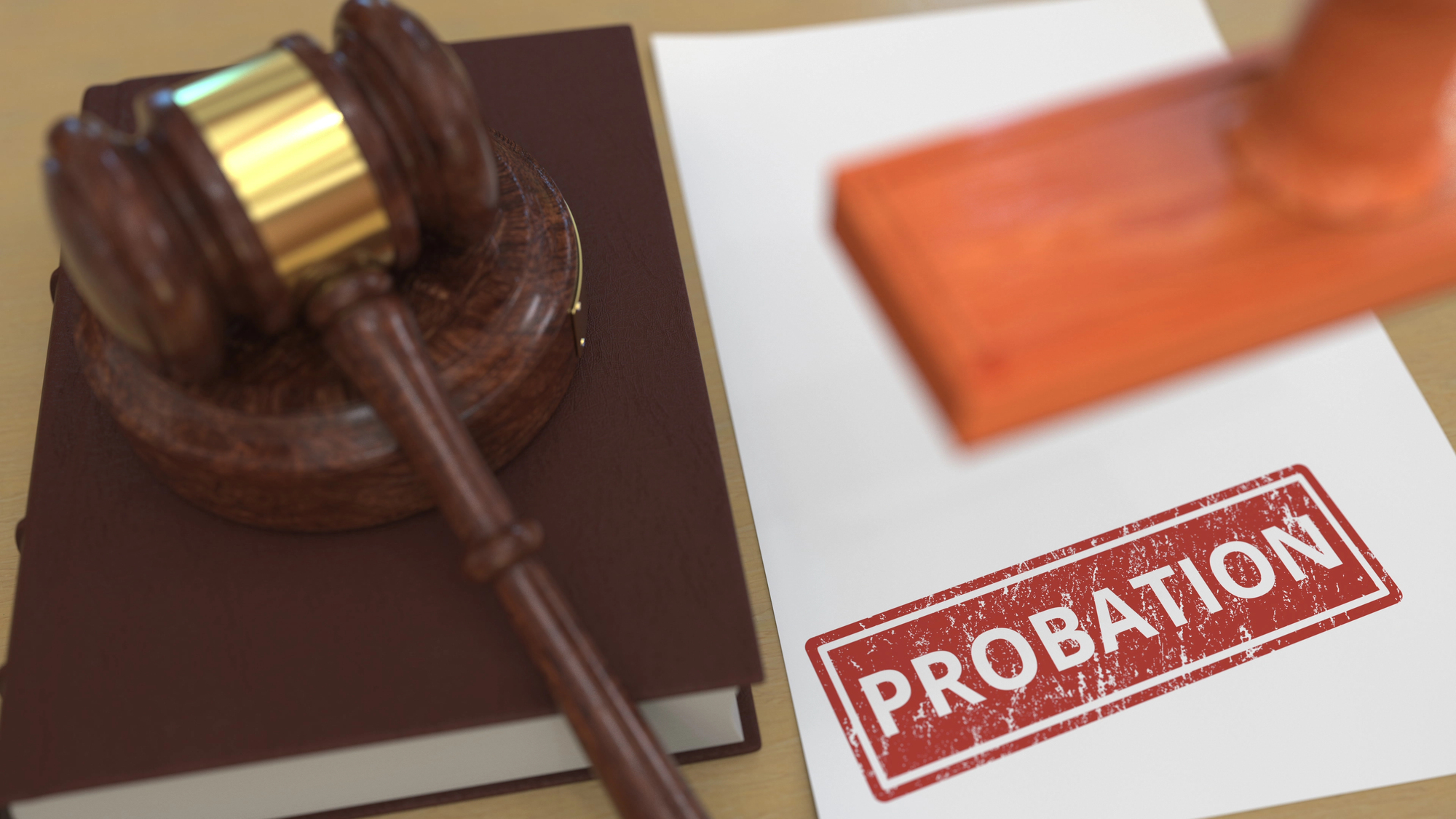What Drugs or Controlled Substances Are Considered Illegal in Texas?
The Commissioner of State Health Services is legally responsible for publishing a public list of controlled substances, classifying them as Schedule I, Schedule II, Schedule III, Schedule IV, and Schedule V. These schedules are then separated into five penalty groups, plus a category for marijuana.
Penalty Group 1 includes heroin, cocaine, methamphetamines, ketamine, hydrocodone, and oxycodone. Penalty Group 1A includes LSD. Penalty Group 2 includes mescaline, PCP, and ecstasy. Penalty Group 3 includes Ritalin, Valium, and Xanax, among others. Penalty Group 4 includes narcotics that include morphine or codeine but are of medical value. The health code defines marijuana as any cannabis sativa plant, whether it is growing or not, the seeds of the plant, and any preparation of the plant for purposes of using it in a joint or other package containing dried and shredded buds.
Penalty Groups 1, 1A, and 2 have harsher penalties for dealing and manufacturing than the lower penalty groups. To learn more about the potential criminal penalties for drug offenses in Texas, please contact our New Braunfels-based law office to schedule your free initial consultation with our legal team.
What is Considered Drug Manufacturing in Texas?
Texas law defines manufacturing as the preparation, propagation, production, compounding, conversion, or processing of any controlled substance (other than marijuana). The manufacturing of a controlled substance does not need to be accomplished in a professional environment to be considered illegal by the state of Texas. Manufacturing can also include packaging, repackaging, or even labeling drug packaging, which could be regarded as against the law in Texas.
To be convicted of drug manufacturing in TX, the prosecution must show a direct link between the defendant and the actual manufacturing or an interest in where the manufacturing occurred. In most drug crime cases, being physically present at the manufacturing location may not be enough to secure a criminal conviction. The state prosecution must also introduce additional evidence, whether direct or circumstantial, that ties the accused to the illegal drug manufacturing offense.
It is not always abundantly clear when an individual who is in possession of drugs is also manufacturing or selling those drugs or merely using them personally. Law enforcement personnel must look for evidence, such as drug paraphernalia, that indicates manufacturing to secure a conviction in most drug cases. Drug paraphernalia that may imply the manufacturing of drugs could include weighing scales, containers, and other circumstantial evidence.
Drug manufacturing is a different criminal offense than drug trafficking, which specifically relates to the systemic scale or distribution of illegal substances in large quantities. These charges can be used interchangeably but carry very different legal penalties.
What is the Criminal Offense of the Delivery of Controlled Substances?
According to Texas law, delivery is the act of transferring illegal drug possession from one individual to another. The transfer of drugs can be accomplished through selling or gifting, among other methods.
There are two criminal classifications for drug delivery: constructive and actual. Constructive delivery can occur when an individual physically handles the substance, such as when transferring control or ownership of a drug to another person without personally moving it. Actual delivery occurs when an individual physically hands over an illicit substance to another individual. Handing out drugs, even without the transfer of money between hands, can be considered actual delivery.
Possession with the intent to sell, even if you do not have a buyer lined up, can be considered attempted delivery. In Texas, an attempt to deliver drugs is just as illegal and punishable as actually committing the act.
What Are the Potential Legal Consequences?
The penalties for drug crimes vary depending on the amount of illicit substances and the type of substances involved in the offense.
Penalty Group 1, which covers substances that have little to no medical purposes and a high risk of addiction or abuse, comes with the strictest penalties. For example, 1g or less could result in a state jail felony, whereas possessing 400 grams or more can result in life in prison and fines of up to $250,000. By comparison, Penalty Groups 3 and 4, which cover mid-level substances, including those that could be used for medical reasons, typically come with much lesser penalties. Drug crimes involving Penalty Group 3 or 4 substances can include severe consequences if in possession of large quantities, however.
The manufacturing or delivery of marijuana or cannabis can result in state jail felonies, imprisonment between 10 to 99 years, and fines of up to $100,000. Some states consider marijuana legal today, but Texas does not, and the state still classifies it as a Schedule 1 drug.
What Should You Do if You’ve Been Charged with Manufacture and Delivery of a Controlled Substance?
You could be charged with manufacturing, delivering, or possessing miscellaneous substances if state attorneys believe that the criteria for the criminal offenses have been met. You could even be charged with drug offenses if you did not know that your substance was considered illegal in the state.
Texas law enforcement is steadfast in its commitment to shutting down drug rings and drug dealers, which means it aggressively goes after drug manufacturers and suppliers. Anybody charged with drug manufacturing and delivery in Texas must seek the professional legal counsel of a highly skilled criminal defense lawyer to help them build a strong case that could either reduce the charges against them or see them dismissed entirely.
If you know you were guilty of the crime, we believe you need legal guidance throughout your criminal case. Even if you are innocent of the supposed offense, you still need a lawyer to represent your legal rights. Your need for legal representation may be even more dire if you are innocent of the charges.
What Are Common Legal Defense Strategies When Accused of Drug Crimes?
As your attorneys, our legal team will explore all options to secure a satisfactory outcome for your criminal legal matters, including considering plea bargains, arguing that evidence was acquired illegally, or other means. Our Texas law firm has extensive experience representing clients in criminal defense cases, including those charged with manufacturing and delivering illicit substances. To learn more about the benefits of retaining our legal services, please contact our law offices to schedule your free case review today.
Potential defense strategies that could help you with your case may include the following:
- Be wary of trusting police and other law enforcement agencies. Police officers do not have the authority to promise a particular outcome on a drug case, and they are permitted to lie to you. Never agree to work for the police, even as a criminal informant, unless that agreement is negotiated in a written document by your criminal defense lawyers
- Many manufacturing and delivery charges are based on circumstantial evidence, such as large amounts of money, drug packages, or smell-proof bags. If the prosecutors only have circumstantial evidence to support their case, your attorneys have a better chance of tearing that case apart
- Regardless of how serious the allegations against you, constitutional rights, including the Fourth Amendment, still protect you. Your criminal lawyers will use these legal rights to defend your case
- The search that uncovers manufacturing or delivery operations must be conducted legally. If a valid search warrant was not served before searching your premises, and probable cause cannot be shown, your criminal attorneys could point to this as a lack of justification for the search and seizure of drugs. Also, if a search warrant occurs based on unreliable information, your attorney can attack this in your legal defense. Any evidence acquired unlawfully can be dismissed
- Other legal defenses that could be considered for your case include mistaken identity, questioning the credibility of informants or witnesses, and more
Schedule a Free Consultation with Our Texas Criminal Defense Law Firm Today
Our Texas law firm aggressively defends clients accused of crimes such as drug offenses like manufacturing and delivery. As your lawyers, our team will defend your rights in and out of court in pursuit of the most optimal outcome possible.
To learn more about your rights and how we can defend them, please contact our law office to schedule your free, no-obligation case evaluation today.
Email us at aaron@theseymourlawoffice.com or call 830-282-8751.








